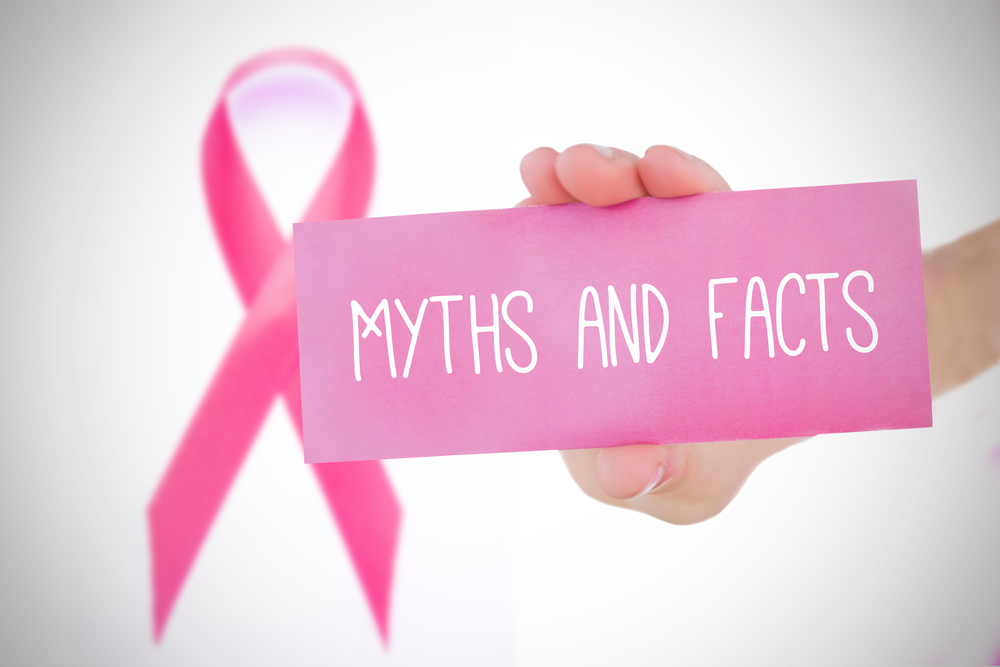7 Famous Cancer Myths: Truth Revealed
3-June-2021 |
Cancer has a reputation for inevitably causing death. This is true to an extent, but with the right approach and timely diagnosis, 100 percent recovery can be possible. In 2020, the Indian Council of Medical Research (ICMR) expected more than 17 Lakh Indians to be diagnosed with various types of cancer.
While the disease can find its home anywhere, it can be cured if cancer symptoms are detected in time. Diagnosis is the key. Once the critical illness is discovered, a very effective prognosis can be initiated using various therapies and cures modern medicine offers. However, at the center of all this is early detection and the ability to sponsor the treatment. This is because, in most cases, therapies are expensive and repetitive until the disease is cured. Individuals cannot simultaneously take the stress of the disease, side effects of the treatment, and the financial strain it brings.
While there is enough publicity on this critical illness, information about cancer symptoms, treatment, and good practices are abysmally low. The cure starts with the right information. There are various myths associated with this critical illness, which at times, hinder timely treatment and good practices.
Myths About Cancer

- Cancer will definitely lead to death.
No, this is definitely not true. Early detection is the key to fight this disease, and various studies have, time and again, shown that the sooner the cancer is detected, the much higher are the chances of recovery. In fact, there is a huge gap between the recovery rate when cancer symptoms are detected in the first year compared to the fifth year. For certain types of cancer, recovery stands at 100%.
- Cancer can spread as a contagion.
Tumors are not infectious. Some cancers may be caused by viruses or bacteria, like Hepatitis B and Hepatitis C (liver cancer), Helicobacter pylori bacteria (stomach cancer), Human Papillomavirus (cervical cancer), or Epstein Barr virus (lymphomas, nasopharyngeal cancers, and stomach cancer). But they do not spread by touching, coughing, or sneezing.
- Cancer can be treated by herbal medicine.
No, this is not true. Though there are some alternative medicines or therapies that may help patients cope with the strong effects of cancer treatment, there is no research that proves that any of the herbal products or alternative medication effectively treat cancer. Therefore, it should be used only as a complementary course along with allopathy.
- If operated on, cancer can spread.
Not true. There is no scientific evidence to support this. It is highly recommended not to postpone treatment because deferring treatment can worsen the situation.
Early detection is the key to getting cured. It dramatically improves the chances of recovery. A biopsy is a procedure that helps diagnose multiple types of cancer. For some types of cancers, however, a biopsy is not used. Experts are aware of these exceptions. For example, for the diagnosis of testicular cancer, a needle biopsy is usually not used. Alternatively, the prognosis post-detection is to remove the testicle completely. A biopsy helps identify the type of cancer, and the initial treatment is the base for all subsequent treatments. It is actually the most crucial step in recovering from this critical illness. Moreover, medicine is moving fast in this space, and new tests like the next-generation sequencing and certain others improve treatment methods but require biopsy samples.
- Regular mobile phone usage can cause brain tumors.
We don’t know this yet. There has been extensive research to establish a correlation and find the cause for the various types of cancers. But research has failed to establish the relationship between cell phones and brain tumors. Studies conducted by the Danish Cancer Society and the New England Journal of Medicine report no connection.
- Cancer is hereditary, and you will not get it if no one in the family has it.
This is true to an extent. Cancer is hereditary. But a low percentage, about 5-10%, of cancers are genetically inherited. Mutation can occur in anybody. Mutation in the cancer-causing genes leads cancer to be passed on to the next generation. However, transmission from a parent to an offspring generally takes a lifetime of development within a parent’s body. Various habits, such as tobacco use, smoking, radiation exposure, or hazardous chemical exposure, cause mutations that can be transmitted to the next generation.
- Chemo or radiotherapy kills the patient more than the disease.
There is no denying that the therapies, chemo or radio, are powerful and cause various side effects. But it is also true that these therapies give us a chance to survive, recover, and lead a healthy life later. With advancements in medical science, chemotherapy, radiotherapy, drugs, and other possible treatments are becoming tolerable.
Cancer is a critical illness that can happen to anyone. WHO predicts 1 in every 10 Indians will develop a type of cancer, and 1 in every 15 Indians will not survive it. The right approach to fight this illness is to get a proper diagnosis once cancer symptoms are visible. No symptom should be taken lightly. To support such critical conditions and help individuals when financial support is of utmost importance, Tata AIA Life Insurance has a unique savings insurance product. It is called the Fortune Guarantee Plus (UIN : 110N158V01) savings insurance plan. It is a savings cum insurance plan offering critical illness benefits in addition to savings and promises financial support if you develop cancer. If you don’t, the savings plan gives back handsomely.
Features:
- Flexibility to choose plan options - regular income and regular income with built-in critical illness benefits.
- Wide income period between 20-45 years, choose between monthly or yearly options.
- Offers return on the premium at the end of the period.
- Enjoy add-on riders for additional coverage.
- Tax benefits as per applicable laws.
Get in touch with us today for more details.
L&C/Advt/2021/Jun/0770







 FOR EXISTING POLICY
FOR EXISTING POLICY 
 FOR NEW POLICY
FOR NEW POLICY 




